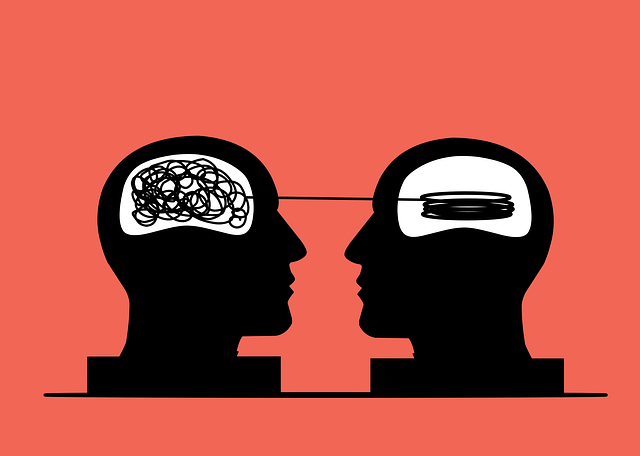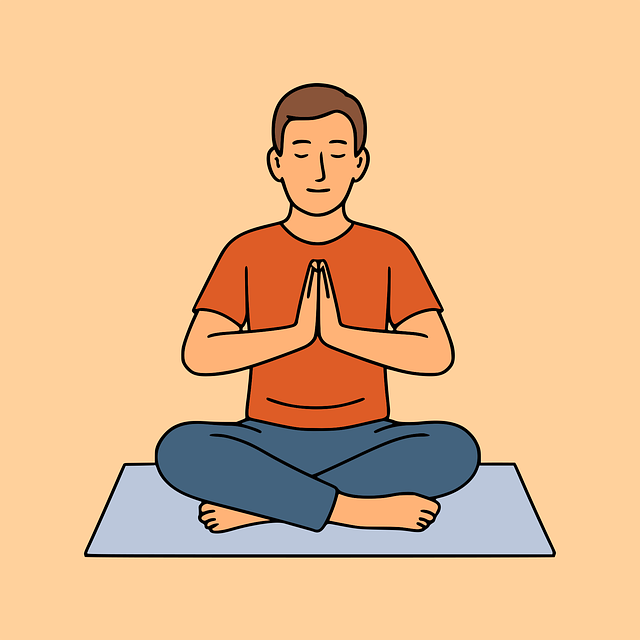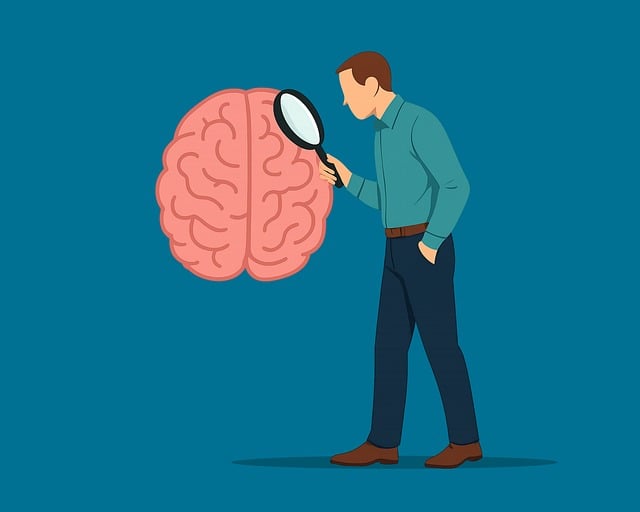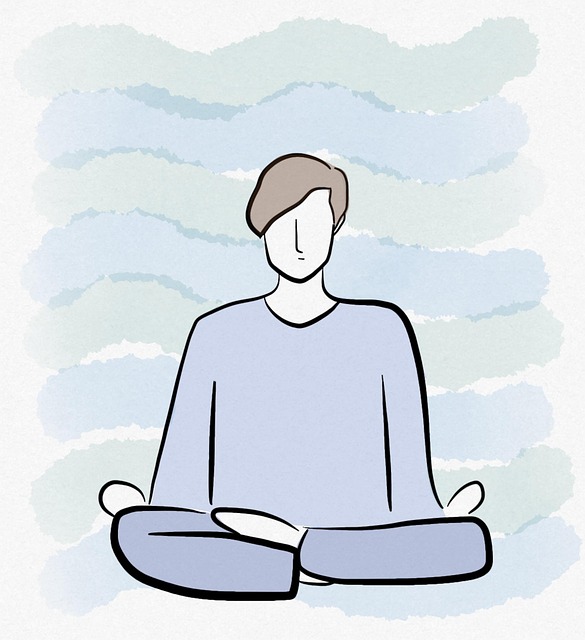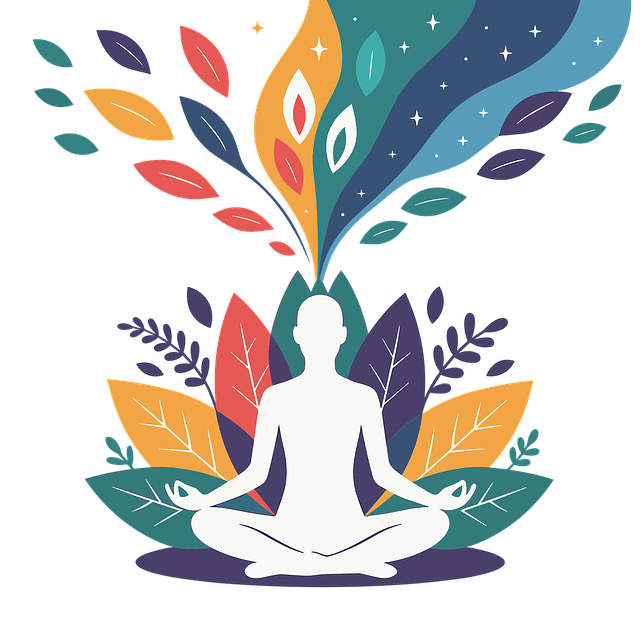Stress significantly affects relationships, leading to conflict and emotional detachment in couples counseling therapy. To combat this, professionals guide partners through stress management workshops focusing on self-care routines, open communication, and community building. Engaging activities like group discussions, meditations, and art therapy ensure inclusivity and impact. Recording sessions for the Mental Wellness Podcast Series expands reach. Post-workshop follow-up initiatives, including personalized action plans, check-ins, online communities, and stigma reduction advocacy, reinforce skills and promote continued self-care practices for improved mental health.
Stress management workshops are a powerful tool for individuals and couples seeking healthier, happier relationships. By understanding the profound impact of stress on intimate connections, these workshops equip participants with essential tools to navigate life’s challenges. Through effective design, engaging facilitation, and post-workshop support, attendees gain valuable insights and skills for improving communication, fostering empathy, and enhancing overall well-being in their therapy for couples counseling.
- Understanding Stress and Its Impact on Relationships
- Designing Effective Stress Management Workshops
- Facilitation Techniques for Engaging Sessions
- Post-Workshop Follow-Up Strategies for Lasting Change
Understanding Stress and Its Impact on Relationships

Stress has a profound impact on our lives, often affecting not just our mental and physical health but also our relationships. In the context of couples counseling, understanding how stress influences dynamics is crucial. When individuals struggle with high-stress levels, it can lead to increased conflict, communication barriers, and even emotional detachment within partnerships. Recognizing these patterns is essential for seeking therapy for couples counseling, where professionals guide partners in navigating stress together.
By incorporating self-care routine development for better mental health, individuals can manage their stress more effectively. This includes promoting self-esteem improvement through healthy coping mechanisms and providing crisis intervention guidance when needed. Such practices ensure that both partners feel supported and equipped to handle life’s challenges, fostering a stronger connection and improving overall relationship satisfaction.
Designing Effective Stress Management Workshops

Effective stress management workshops require careful design to cater to diverse participant needs and preferences. The key lies in creating an engaging environment that encourages open communication and fosters a sense of community. Incorporate interactive activities, such as group discussions, guided meditations, or mindfulness exercises, to actively involve attendees. These practices not only help individuals learn practical stress-reduction techniques but also build resilience through shared experiences. For instance, incorporating compassion cultivation practices can create a supportive atmosphere, enhancing the overall therapy for couples counseling and mental wellness.
To boost participant engagement and confidence, integrate a range of therapeutic approaches. This might include educational lectures on stress triggers and management strategies, alongside more creative outlets like art or music therapy sessions. The variety ensures that different learning styles are accommodated, making the workshops inclusive and impactful. Moreover, leveraging the Mental Wellness Podcast Series Production techniques can help record and share key insights, allowing those unable to attend in person to still benefit from the session content, thereby expanding the reach of these valuable compassion cultivation practices.
Facilitation Techniques for Engaging Sessions

In facilitating stress management workshops, engaging participants is key to ensuring a successful and impactful session. Dynamic and interactive techniques are essential tools for keeping the energy high and promoting active learning. One effective method involves breaking the group into smaller discussions or breakout sessions, fostering open conversations about stress triggers and coping mechanisms. This allows for personal connections and shared experiences, enhancing emotional well-being promotion techniques.
Additionally, incorporating diverse activities such as role-playing scenarios, guided meditations, or even brief physical exercises can significantly enhance mood management. These activities not only add variety to the workshop but also create a safe space for participants to explore different therapy for couples counseling methods. By integrating these engagement strategies, public awareness campaigns development around stress management can be more effective in reaching and benefiting a wider audience.
Post-Workshop Follow-Up Strategies for Lasting Change

After a successful stress management workshop, maintaining momentum and fostering lasting change is paramount. A key strategy is to offer ongoing support through post-workshop follow-up initiatives. This could involve providing participants with personalized action plans tailored to their needs, ensuring they have practical tools to manage stress in their daily lives. Regular check-ins with facilitators or counselors can also be beneficial, offering an opportunity to discuss progress, challenges, and any issues that may arise.
Additionally, leveraging digital platforms for mental health support can enhance engagement. Online communities, for instance, can foster connections among participants, allowing them to share experiences and coping strategies. Incorporating feedback from the workshops into public awareness campaigns or advocacy efforts for mental illness stigma reduction can also create a broader impact. These follow-up strategies collectively work towards reinforcing learned skills, encouraging continued self-care practices, and promoting a culture of open dialogue around stress management and mental health.
Stress management workshops play a pivotal role in empowering individuals and couples with tools to navigate life’s challenges. By combining knowledge about stress, relationship dynamics, and effective facilitation techniques, these sessions can lead to profound personal growth. Post-workshop follow-up strategies ensure that learned skills are integrated into daily lives, fostering resilience and enhancing well-being for both therapy for couples counseling and individual development.


